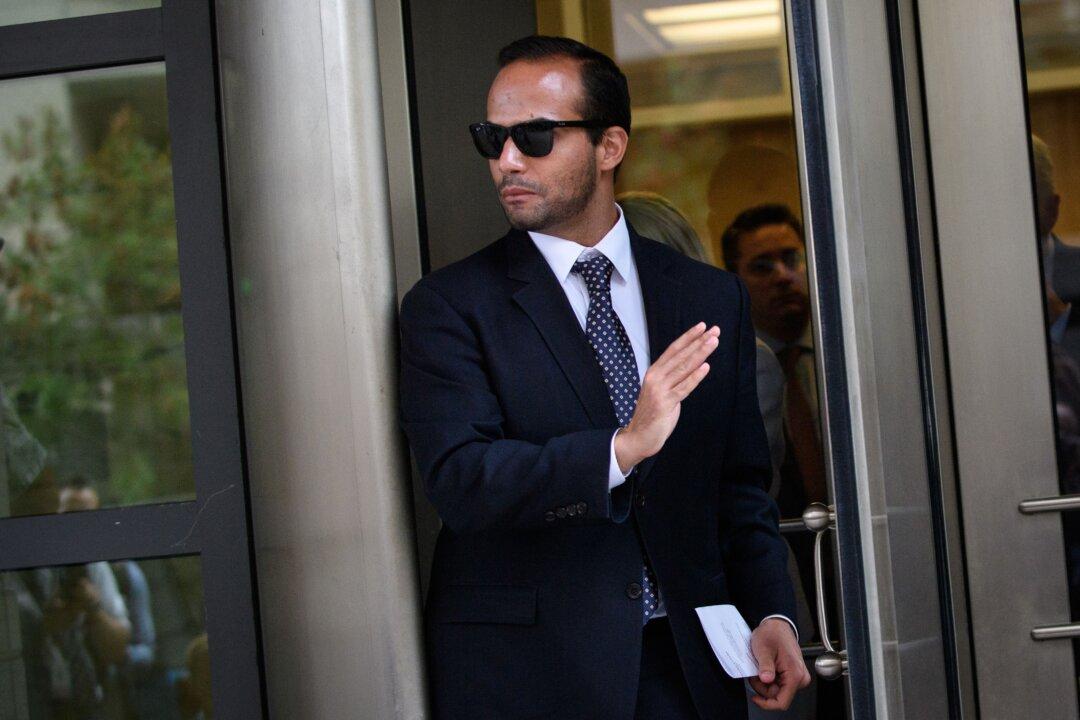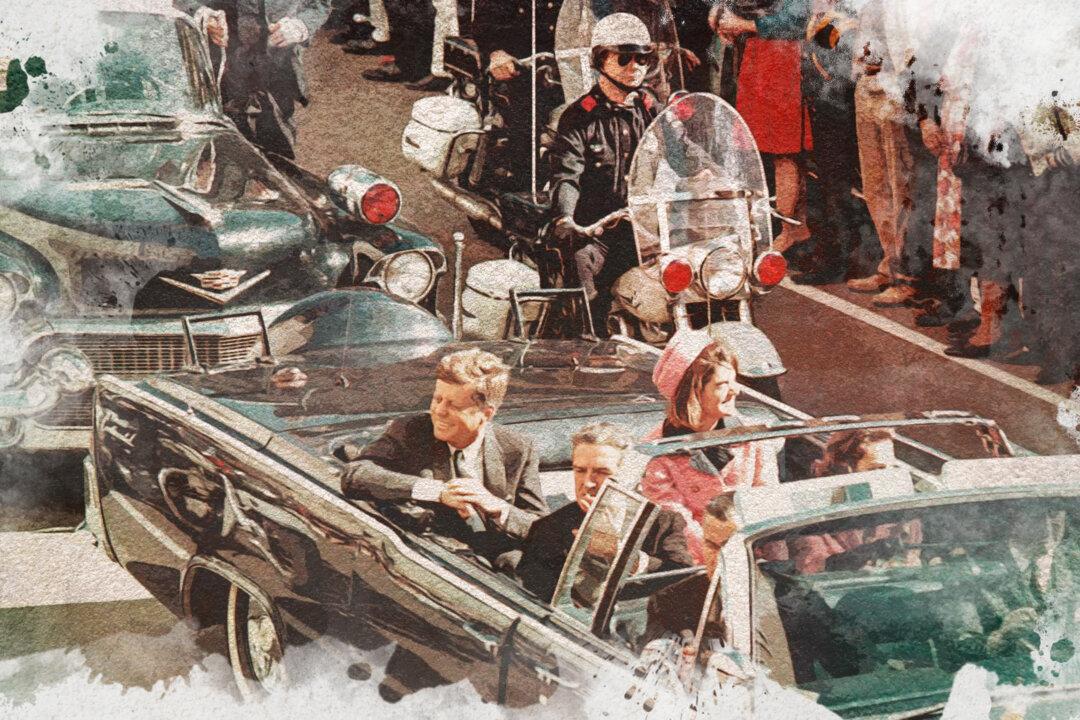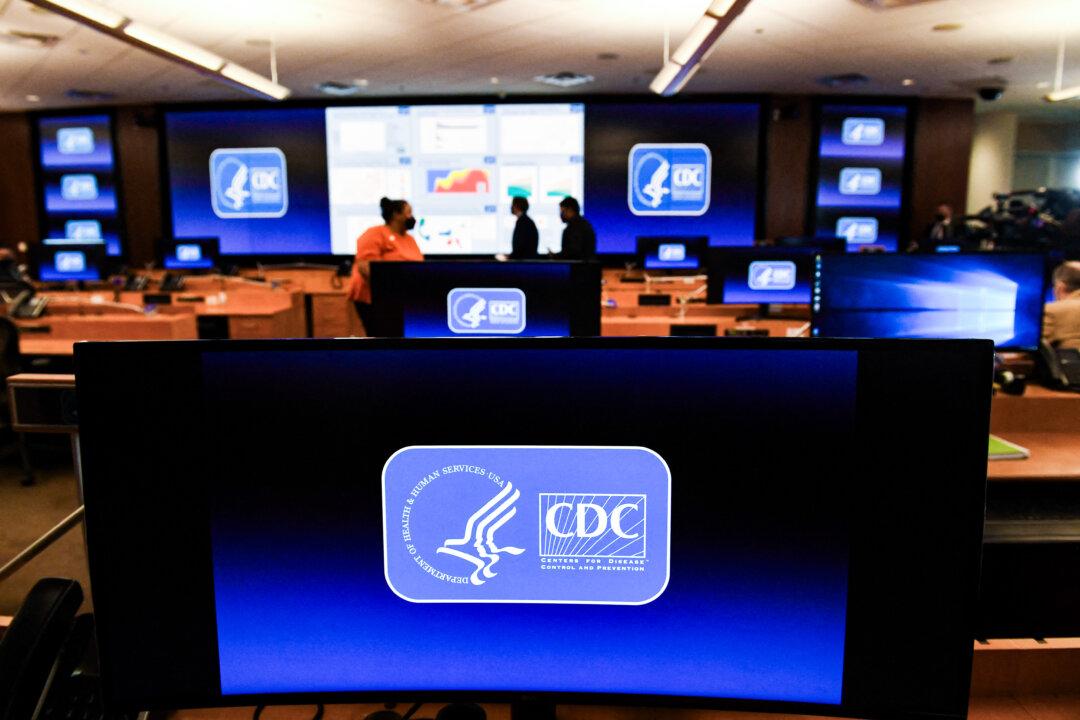News Analysis
Even as the dust is starting to settle over last week’s Durham Report revelations, it will take weeks, months, and perhaps even years to fully take in every aspect of the FBI’s scheme against President Donald Trump. However, there’s little doubt that the report’s most crucial finding concerns the tip that led the FBI to open its investigation into the Trump campaign.





